
You’ve been flee¢ed
It’s time for some more Big Cable Fairy Tales, brought to you by the well-paid lawyers, lobbyists, and lackey sock puppets paid to tell regulators life is only worth living when you approve a colossal merger.
Kids, gather round for tonight’s prescient story of vague promises and non-committal commitments.
Once upon a time in the forest there was a big, bad old Mr. Wolf (better known to his friends as TWC) that had a nasty habit occupying a nearby bridge to grandmother’s house and charged humongous fees to cross it. One of his best customers was Little Red Riding Hood, who depended on the no longer state of the art bridge to cut her travel time to grandmother’s house by 75%. Every trip proved an aggravation for our Red. It was costly, closed to traffic far more often than it should, and was policed by that pesky wolf and his “take it or leave it” attitude.
One Sunday in January, an angry crowd had gathered, reading a notice tacked to a nearby tree. In small print, it was titled, “Toll Reconsideration Notification.”
The notice explained increased bridge beautification and maintenance expenses necessitated an annual toll adjustment. But no worries, it would amount to about the cost of one jar of jam in Red’s basket.
“If you bought it at Whole Foods,” muttered Hood to your eminent narrator.
(Last year’s toll hike was “less than a box of cookies,” the year before that was “a tin of tea.” Three years ago it was the cost of Red’s basket. Next year, we think she would do better just handing over her purse.)
This year one trip across the bridge would cost $7.50. If you bought a wolf-approved, bundled picnic basket at the gift store while on your journey, it would drop that toll to $6. The wolf told complainers that was evidence most would never have to pay that new price, so the toll hike was minimal. But the people remained suspicious. (There were stories this wolf also had a tendency to occasionally feast on customers when nobody was looking, but his lawyers denied it.)
Despite the bridge toll inflation and John Walsh looking for missing travelers, our Red knew if she wanted to get to grandmother’s house this week, she had to use the bridge, nefarious wolf or not. The only other bridge – run by old man Frank Bison, fell into the river last winter and he doesn’t think it is worth spending a lot of money to build a new one. Despite offers to take customers across in his leaky canoe, most decide to pass.

Mr. Bison
Mr. Wolf made a handsome profit every quarter charging tolls to travelers. This fact did not escape the attention of the head of the Sheep Consortium in the next valley over. For years, the Consortium felt under-appreciated. Their adventures were rarely told, because few people cared. The wolf had a better story, and anyway it was hard to respect the sheep after they overspent on their watchdog operation and bankrupted themselves for a time.
“That was so yesterday,” defended Dr. Flee¢e, the head of the Consortium. “This is a new sunny day.”
Or so he claimed. Out of view, Flee¢e paced a nearby paddock night after night, unable to sleep knowing that damn wolf got all the attention and a heckuva lot more toll revenue than he was getting.
So one night, Dr. Flee¢e and his friends paid $10 million dollars to the Magic Sparkle Pony grazing down by the investment bank to find a win-win solution for both the sheep and the wolf (but mostly the sheep, shhh.) The pony looked up, tilted his head briefly, and said just one word: SYNERGY. A cacophony of gratitude rose from the valley and gosh darn it, exclaimed Dr. Flee¢e, wouldn’t you know the silly pony had the answer? A merger! The wolf’s costs would drop, the sheep would finally be able to tap into a big piece of that toll operation, and only by working together would Little Red Riding Hood get the benefits of their new relationship:
- The ratty old bridge would be fully painted.
- The wolf promised to go vegetarian for up to three years.
- Little Red Riding Hood would be given a new basket (imported from Laos).
“Hey, wait a minute,” asked one of the sheep. “Didn’t the Three Little Pigs try this last year? They had more money than we do and some of them were turned into bacon after that surprising storm blew their house down.”
“But don’t you see the Magic Sparkle Pony solved that for us too?” responded another. “All we have to say is we’re not pigs and that counts for something. Besides, who doesn’t love sheep? This is going to work out fine.”
But there were still problems, especially with Ms. Hood and her fellow travelers.
It seems the Consortium didn’t promise Ms. Hood or anyone else would pay less on those trips to see grandma. They only promised the journey would be prettier and less confusing. Gone was the $7.50 toll, replaced with the all-new Flee¢ePa$$™ offering trips across the bridge bundled with: a 24/7 travel hotline, travel advice, books on travel, songs about travel, a coffee mug with a picture of Dr. Flee¢e traveling to his castle in Scotland, and the aforementioned Laotian wicker basket to cram it all into, for just $50 a month.
“Is this one of those Dr. Seuss tales that you have to be on something to appreciate?” asked Red. “I don’t drink coffee, nobody reads books anymore, and if I need travel advice I’ll ask someone I know. I don’t need all those things so why do I have to pay $50 instead of $5? Wait, who is paying for that castle?”
“Because it’s simpler, don’t you see,” said Dr. Flee¢e, eavesdropping in the corner. “We are going to be a different kind of bridge operator committed to creating jobs, offering the most innovative products and preserving this bridge.”
“For $50 a month,” coolly replied an exasperated Ms. Hood. “Stephen King wrote this, didn’t he? I have a better idea. We’re moving grandma to Chattanooga. They have high-speed rail.”


 Subscribe
Subscribe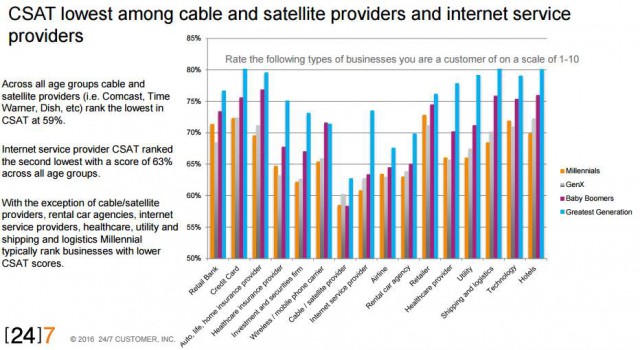
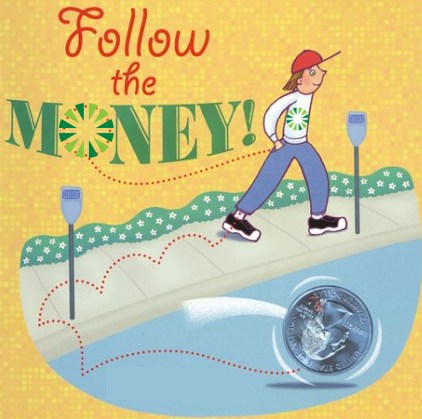 CenturyLink is planning to trial usage caps on its broadband service later this year, not to reduce congestion or to bank the extra money for service upgrades, but to boost revenue and profits.
CenturyLink is planning to trial usage caps on its broadband service later this year, not to reduce congestion or to bank the extra money for service upgrades, but to boost revenue and profits.
 CenturyLink now has 940,000 households connected to its Gigabit Passive Optical Network (GPON), many for its Prism TV service. Another 490,000 businesses also have access to CenturyLink’s GPON network, primarily for broadband. Post claims more than 30% of the company’s service area is now served with broadband speeds of 40Mbps or greater.
CenturyLink now has 940,000 households connected to its Gigabit Passive Optical Network (GPON), many for its Prism TV service. Another 490,000 businesses also have access to CenturyLink’s GPON network, primarily for broadband. Post claims more than 30% of the company’s service area is now served with broadband speeds of 40Mbps or greater.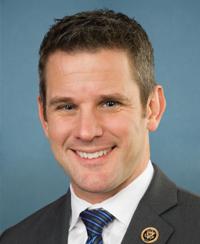
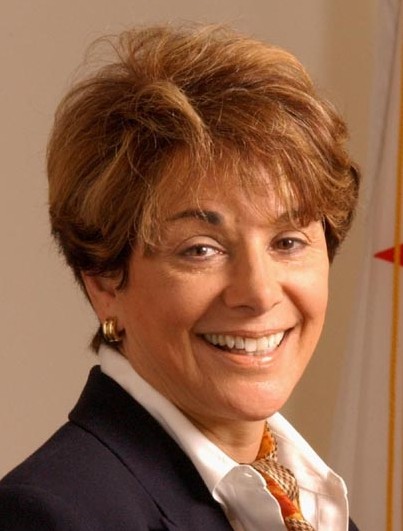
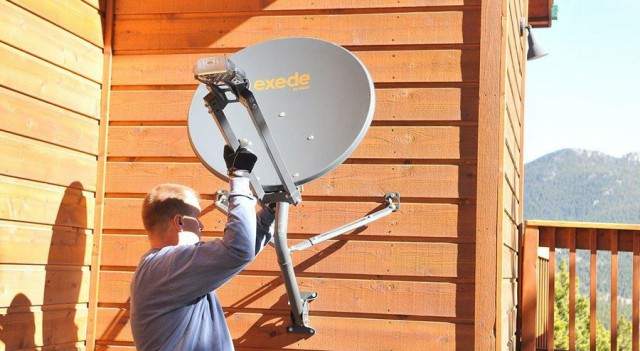 Despite claims satellite broadband has improved, our readers respectfully disagree:
Despite claims satellite broadband has improved, our readers respectfully disagree: